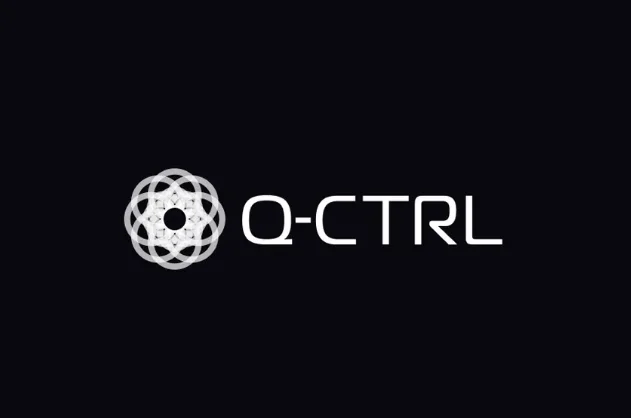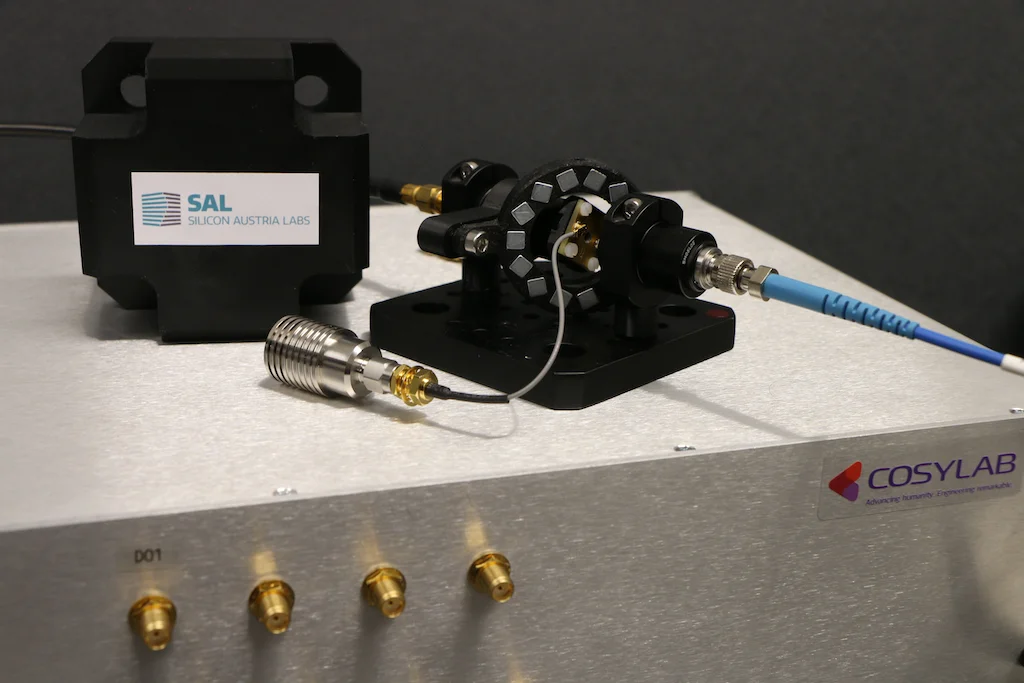Insider Brief
- Xanadu and Korea Institute of Science and Technology are partnering to investigate industrial uses for quantum computers.
- Xanadu is a leader in photonic quantum computing and Korea Institute of Science and Technology is South Korea’s multidisciplinary national research institute.
- Critical Quote: “This partnership expands our reach and is another big step forward for both countries to advance the field of quantum computing, drive economic growth, create jobs and build on a better quantum future.”
PRESS RELEASE — Xanadu, a leader in photonic quantum computing, has partnered with the Korea Institute of Science and Technology (KIST), South Korea’s multidisciplinary national research institute, to expand industrial use cases for quantum computers. The partnership will focus on the further development of quantum algorithms for next-generation lithium-ion batteries and optimizing quantum computing hardware.
Xanadu focuses on developing quantum algorithms and applications for fault-tolerant quantum computers (FTQC) designed for next-generation battery development. More accurate and efficient simulation of battery materials with quantum computers could lead to improved batteries for electric vehicles with better energy storage, longer-lasting charging, more ethical development and increased safety. Material design, specifically battery development and developing photonic FTQC, are on Xanadu’s critical path to success in its mission to build quantum computers that are useful and available to people everywhere.
Since its inception in 1966, KIST has been at the forefront of technological advancements in South Korea and instrumental to Korea’s top position in the global economy. With over 2,000 world-class scientists, KIST aims to create a better future by improving the quality of life for everyone and believes that unlocking the potential of quantum computing will be significant to achieving this goal. In addition to their scientific expertise, KIST will leverage the existing industrial infrastructure and manufacturing expertise in South Korea to catalyze the development of quantum hardware and, in turn, the industry adoption of quantum computing.

“We are excited to welcome KIST to our expanding list of top-tier research partners and continue our work in quantum chemistry and beyond,” said Christian Weedbrook, Xanadu founder and Chief Executive Officer. “We are also excited that PennyLane, Xanadu’s open-source software library for quantum computing and application development, will be utilized to expedite the research throughout our collaboration.”
“We have been thoroughly impressed with Xanadu’s success to date — remarkably their most recent demonstration of quantum computational advantage with Borealis — and are excited to join them in this research initiative,” said Seok-Jin Yoon, President of KIST. “This partnership expands our reach and is another big step forward for both countries to advance the field of quantum computing, drive economic growth, create jobs and build on a better quantum future.”
Xanadu is a Canadian quantum technology company with the mission to build quantum computers that are useful and available to people everywhere. Founded in 2016, Xanadu has become one of the world’s leading quantum hardware and software companies. The company also leads the development of PennyLane, an open-source software library for quantum computing and application development. Visit www.xanadu.ai or follow us on Twitter @XanaduAI.
The Korea Institute of Science and Technology (KIST) is the premier multidisciplinary research institute in Korea. It was established in 1966 as the first government-funded research institute in the country with the mission to lead Korea’s science and technology infrastructure in research, development and transfer of creative, original technologies. It has a research staff of over 2,000 research scientists, visiting scientists, fellows and trainees, and foreign scientists involved in basic research in various fields of science and technology.
If you found this article to be informative, you can explore more current quantum news here, exclusives, interviews, and podcasts.















.jpg)